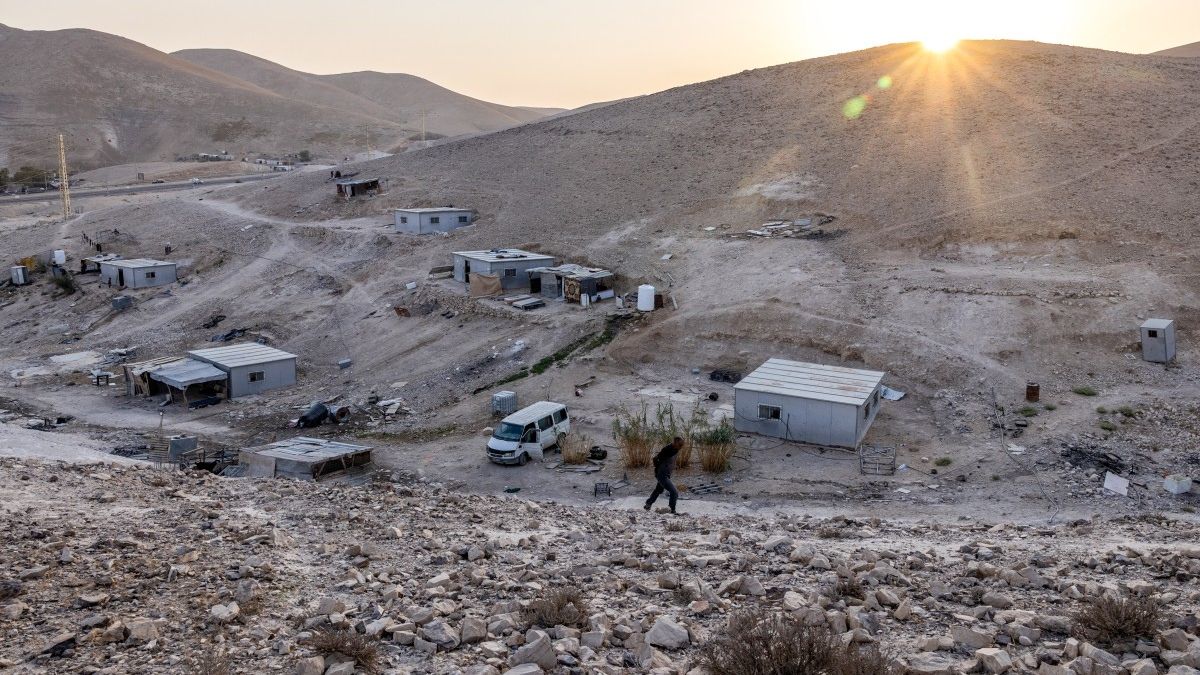The Gaza crisis has once again placed Egypt at the centre of regional diplomacy, offering Cairo a rare opportunity to reassert its fading influence in West Asia’s power politics. As Israel’s military operations intensify and mediation efforts stall, Egypt — with its geographic leverage, historic ties to Gaza and longstanding relations with both Israel and the West finds itself positioned as a crucial broker. Yet, its ability to translate this moment into lasting diplomatic capital will depend on how deftly it balances domestic pressures, regional rivalries and international expectations.
The diplomatic moment arrives at a time when Egypt also pursues economic recovery, notably through renewed access to the Suez Canal and its global trade link. As such, the Gaza crisis may offer Egypt both strategic and economic leverage but the question remains: can Cairo convert this window into lasting regional relevance?
Diplomatic resurgence through Gaza mediation
Egypt’s diplomatic push is rooted in its role as host of the recent cease-fire talks in Sharm el-Sheikh, where Cairo hosted delegations from Israel, Hamas, Arab states and Western players. According to reports, Egyptian intelligence officials travelling directly to Israel during the negotiations, highlighting Cairo’s centrality. Analysts view the summit as a “huge win” for Egypt, restoring a role it held decades ago as the Arab world’s key mediator.
Nonetheless, Egypt’s resurgence is still tentative. While it has regained attention, analysts emphasise that Cairo’s challenge lies in expanding beyond its immediate theatres Gaza, Sudan and the Red Sea if it is to reclaim broader West Asia influence.
Humanitarian and reconstruction foothold
Key to Egypt’s strategy is anchoring its role not merely as mediator but as future guarantor of Gaza’s governance and reconstruction. Egypt has proposed leading talks among Palestinian factions, hosting meetings in Cairo and coordinating heavy equipment and engineering for Gaza’s rebuild. The plan envisions a technocratic transitional authority under Egyptian auspices but ultimately managed by Palestinians to fill the vacuum post-war.
For Cairo, the stakes are high: a visible reconstruction role bolsters regional standing, secures US and Gulf investment and positions Egypt as indispensable in any Gaza settlement. Yet the risk lies in being stuck in a permissive role, enabling others rather than orchestrating outcomes.
Strategic and economic dividends
Egypt’s diplomatic efforts in Gaza align with wider national interests. With the Suez Canal at the heart of its economy, Cairo has welcomed a return of shipping traffic: revenues from July to October rose 14 % year-on-year as Red Sea tensions eased. This economic up-turn both underwrites Egypt’s return to regional relevance and provides leverage in Western capitals eager to protect trade stability.
Moreover, by positioning itself as broker between Israel, Hamas and Gulf states, Egypt strengthens its security-economic logic: stability in Gaza contains spill-over risks into Sinai and opens the possibility of attracting reconstruction contracts, foreign aid and investment.
Impact Shorts
More ShortsLimits and vulnerabilities
But Egypt’s diplomatic revival faces several obstacles. Domestically, Cairo’s economy is under strain and political freedoms constrained, factors that limit its soft-power appeal. Regionally, Gulf states such as Saudi Arabia and the UAE have supplanted Egypt as preferred partners of Western powers, diminishing the room for a singular Egyptian leadership role.
On the Gaza axis, Cairo’s ability to translate mediation into governance authority is uncertain. Ownership over Gaza’s future remains contested among Israel, the US, Hamas and the Palestinian Authority. Egyptian officials must navigate these overlapping claims while avoiding perceptions of dominance or annexation. The coming phases of reconstruction and security governance will test whether Egypt can move from intermediary to architect.
A regional turning-point?
In the wider scheme, the Gaza crisis offers Egypt a rare opening to shift from regional by-stander to indispensable actor. If Cairo can sustain its mediation role, secure credible involvement in Gaza’s reconstruction, and align economic dividends with political capital, it may re-emerge as a core player in the West Asia.
But if the cease-fire unravels or rival states crowd out its influence, Egypt risks returning to the margins. For now, Cairo is betting its diplomacy will translate into strategic gain, the next chapters will decide whether the gamble pays off.
With inputs from agencies
)